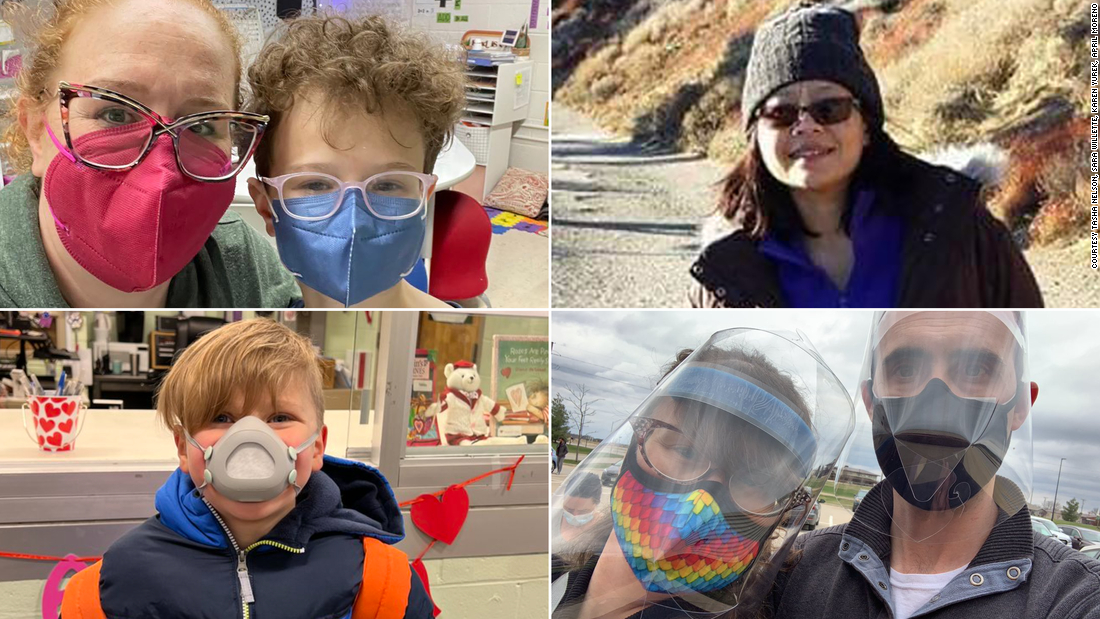
'We're doing everything we can to survive': As the US looks to move on from Covid-19, high-risk and disabled Americans feel forgotten
CNN
Tasha Nelson's 10-year-old son held back tears when he heard the news. The two were in the car when the announcement came through the radio: Virginia's freshly sworn-in governor had signed an order attempting to ban mask mandates in schools.
"My son looked up at me and he had tears in his eyes because he knew what it meant. He said, 'Mom, does that mean I can't go to school anymore?'" Nelson said. "He said, 'Can't we let the governor know about kids like me? I want to go to school too.'"
Jack, a fourth grader, has cystic fibrosis, a progressive genetic disease that causes persistent, damaging lung infections, making it harder to breathe over time. Like other immunocompromised, disabled and chronically ill Americans, Jack was taking measures, like masking, to dodge infections before the pandemic too. But with Covid-19 still rampant, it's not as easy. Even though he's vaccinated, the virus poses a serious, potentially deadly, risk to Jack. His 2-year-old brother, who is not yet eligible for the shots, is another concern.

A little-known civil rights office in the Department of Education that helps resolve complaints from students across the country about discrimination and accommodating disabilities has been gutted by the Trump administration and is now facing a ballooning backlog, a workforce that’s in flux and an unclear mandate.












